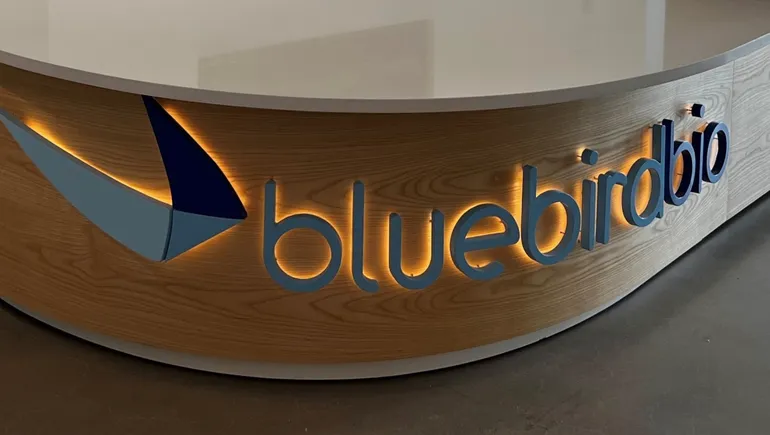GSK adds to ADC dealmaking with second Chinese biotech pact


Dive Brief:
- GSK is deepening its investment in cancer treatments called antibody-drug conjugates, announcing Wednesday plans to pay $185 million to China-based Hansoh Pharma to license an experimental drug that has shown promise in lung, bone and soft tissue cancers.
- Per deal terms, GSK could owe up to $1.5 billion in additional fees based on achievement of certain milestones, along with royalties for sales outside China and nearby markets where Hansoh will retain commercial rights. It is similar in scale to a deal the two companies signed in October for a Phase 1 drug being tested in gynecological cancer.
- Spurred on by the success of drugs like AstraZeneca’s Enhertu, big drugmakers have spent billions of dollars this year to lock up rights to antibody-drug conjugates. Pfizer paid $43 billion to acquire developer Seagen, which has four marketed ADCs, and AbbVie paid $10 billion for ImmunoGen, while Merck & Co., Eli Lilly, Bristol Myers Squibb and BioNTech all signed licensing deals.
Dive Insight:
The recent rush of investment into ADCs contrasts with their first arrival on the market. Pfizer launched Mylotarg in 2000 to treat leukemia, but later withdrew and reintroduced it at a lower dose. The second ADC approved in the U.S., Seagen’s Adcetris, didn’t come for another 11 years.
Since then, nearly a dozen more have been introduced, sparking additional interest in the drug class. They combine the tumor-targeting capabilities of engineered antibodies with the tumor-killing capacity of chemotherapies, delivering more potent treatments directly to engineered tissues while minimizing side effects.
GSK successfully launched an ADC, Blenrep, the first drug to target a protein called BCMA that is found on multiple myeloma cells. It was pulled from the market in 2022 after failing a confirmatory trial, but could be on track for reintroduction now that it’s undergone additional clinical study.
With its Hansoh deals, GSK is moving toward solid tissue tumors. The ADC involved in Wednesday’s deal is called HS-20093 and targets an immunoregulatory protein called B7-H3. It is paired with a chemotherapy known as a topoisomerase inhibitor that’s similar to what’s used in Enhertu.
At the American Society of Clinical Oncology meeting in May, Hansoh reported data from a Phase 1 dose-finding trial in people with small cell lung cancer, non-small cell lung cancer, sarcoma and other types of solid tumors who had undergone at least three previous treatment lines. Fourteen of 40 evaluable patients in that trial saw their tumors shrink after treatment with HS-20093.
The October deal with Hansoh was for an experimental project called HS-20089, which targets a different tumor-specific antigen called B7-H4 but is also combined with a topoisomerase inhibitor. GSK paid $85 million upfront for rights outside of China, with $1.5 billion in success-based milestones and sales royalties potentially due.
GSK hasn’t been alone in looking to China for ADC innovation. Earlier this month, Bristol Myers signed a deal with SystImmune, a U.S.-based subsidiary of Sichuan Biokin Pharmaceutical, for an ADC in testing for breast and lung cancer. Last year, Merck formed a broad partnership with Kelun-Biotech.
This post has been syndicated from a third-party source. View the original article here.




